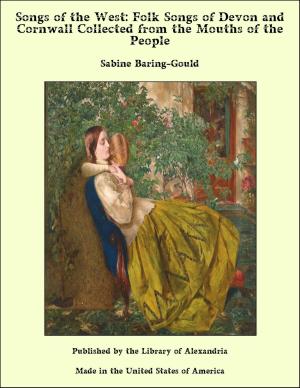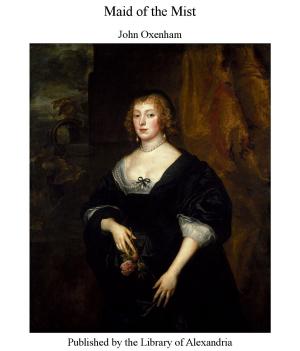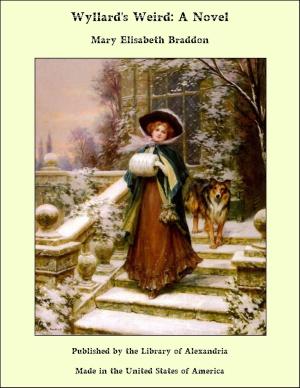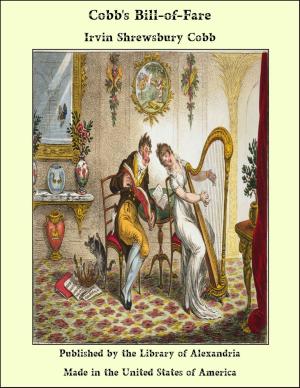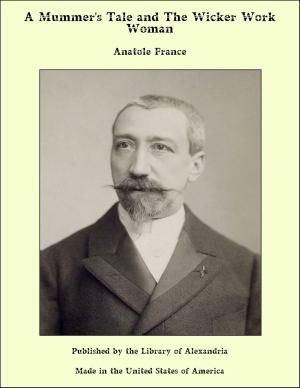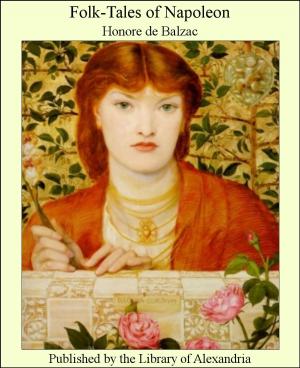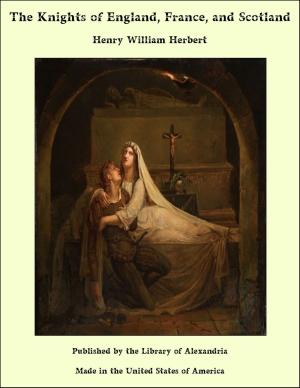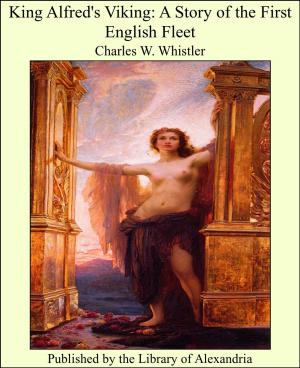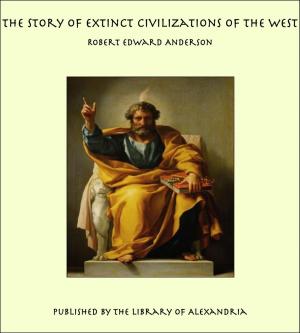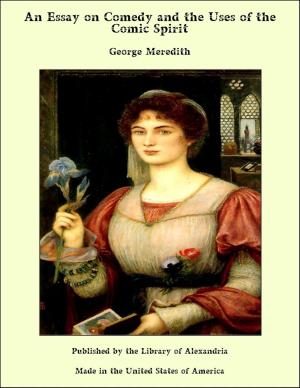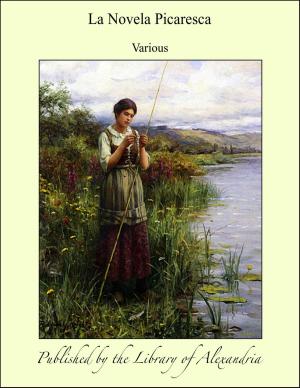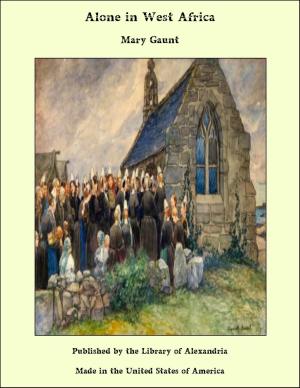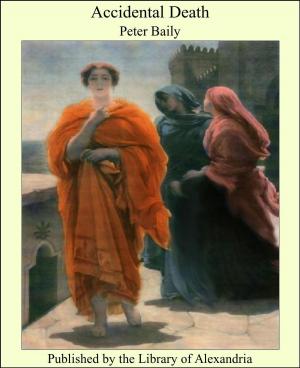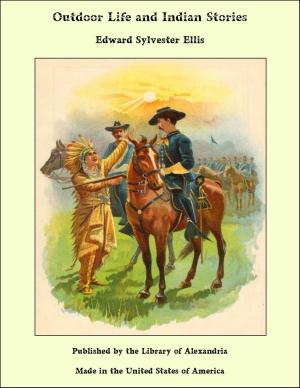| Author: | Ellen Anderson Gholson Glasgow | ISBN: | 9781465626264 |
| Publisher: | Library of Alexandria | Publication: | March 8, 2015 |
| Imprint: | Language: | English |
| Author: | Ellen Anderson Gholson Glasgow |
| ISBN: | 9781465626264 |
| Publisher: | Library of Alexandria |
| Publication: | March 8, 2015 |
| Imprint: | |
| Language: | English |
The last day of Circuit Court was over at Kingsborough. The jury had vanished from the semicircle of straight-backed chairs in the old court-house, the clerk had laid aside his pen along with his air of listless attention, and the judge was making his way through the straggling spectators to the sunken stone steps of the platform outside. As the crowd in the doorway parted slightly, a breeze passed into the room, scattering the odours of bad tobacco and farm-stained clothing. The sound of a cow-bell came through one of the small windows, from the green beyond, where a red-and-white cow was browsing among the buttercups. "A fine day, gentlemen," said the judge, bowing to right and left. "A fine day." He moved slowly, fanning himself absently with his white straw hat, pausing from time to time to exchange a word of greeting—secure in the affability of one who is not only a judge of man but a Bassett of Virginia. From his classic head to his ill-fitting boots he upheld the traditions of his office and his race. On the stone platform, just beyond the entrance, he stopped to speak to a lawyer from a neighbouring county. Then, as a clump of men scattered at his approach, he waved them together with a bland, benedictory gesture which descended alike upon the high and the low, upon the rector of the old church up the street, in his rusty black, and upon the red-haired, raw-boned farmer with his streaming brow. "Glad to see you out, sir," he said to the one, and to the other, "How are you, Burr? Time the crops were in the ground, isn't it?" Burr mumbled a confused reply, wiping his neck laboriously on his red cotton handkerchief. "The corn's been planted goin' on six weeks," he said more distinctly, ejecting his words between mouthfuls of tobacco juice as if they were pebbles which obstructed his speech. "I al'ays stick to plantin' yo' corn when the hickory leaf's as big as a squirrel's ear. If you don't, the luck's agin you." "An' whar thar's growin' corn thar's a sight o' hoein'," put in an alert, nervous-looking countryman. "If I lay my hoe down for a spell, the weeds git so big I can't find the crop." Amos Burr nodded with slow emphasis: "I never see land take so natural to weeds nohow as mine do," he said. "When you raise peanuts you're raisin' trouble." He was a lean, overworked man, with knotted hands the colour of the soil he tilled and an inanely honest face, over which the freckles showed like splashes of mud freshly dried. As he spoke he gave his blue jean trousers an abrupt hitch at the belt. "Dear me! Dear me!" returned the judge with absent-minded, habitual friendliness, smiling his rich, beneficent smile. Then, as he caught sight of a smaller red head beneath Burr's arm, he added: "You've a right-hand man coming on, I see. What's your name, my boy?" The boy squirmed on his bare, brown feet and wriggled his head from beneath his father's arm. He did not answer, but he turned his bright eyes on the judge and flushed through all the freckles of his ugly little face.
The last day of Circuit Court was over at Kingsborough. The jury had vanished from the semicircle of straight-backed chairs in the old court-house, the clerk had laid aside his pen along with his air of listless attention, and the judge was making his way through the straggling spectators to the sunken stone steps of the platform outside. As the crowd in the doorway parted slightly, a breeze passed into the room, scattering the odours of bad tobacco and farm-stained clothing. The sound of a cow-bell came through one of the small windows, from the green beyond, where a red-and-white cow was browsing among the buttercups. "A fine day, gentlemen," said the judge, bowing to right and left. "A fine day." He moved slowly, fanning himself absently with his white straw hat, pausing from time to time to exchange a word of greeting—secure in the affability of one who is not only a judge of man but a Bassett of Virginia. From his classic head to his ill-fitting boots he upheld the traditions of his office and his race. On the stone platform, just beyond the entrance, he stopped to speak to a lawyer from a neighbouring county. Then, as a clump of men scattered at his approach, he waved them together with a bland, benedictory gesture which descended alike upon the high and the low, upon the rector of the old church up the street, in his rusty black, and upon the red-haired, raw-boned farmer with his streaming brow. "Glad to see you out, sir," he said to the one, and to the other, "How are you, Burr? Time the crops were in the ground, isn't it?" Burr mumbled a confused reply, wiping his neck laboriously on his red cotton handkerchief. "The corn's been planted goin' on six weeks," he said more distinctly, ejecting his words between mouthfuls of tobacco juice as if they were pebbles which obstructed his speech. "I al'ays stick to plantin' yo' corn when the hickory leaf's as big as a squirrel's ear. If you don't, the luck's agin you." "An' whar thar's growin' corn thar's a sight o' hoein'," put in an alert, nervous-looking countryman. "If I lay my hoe down for a spell, the weeds git so big I can't find the crop." Amos Burr nodded with slow emphasis: "I never see land take so natural to weeds nohow as mine do," he said. "When you raise peanuts you're raisin' trouble." He was a lean, overworked man, with knotted hands the colour of the soil he tilled and an inanely honest face, over which the freckles showed like splashes of mud freshly dried. As he spoke he gave his blue jean trousers an abrupt hitch at the belt. "Dear me! Dear me!" returned the judge with absent-minded, habitual friendliness, smiling his rich, beneficent smile. Then, as he caught sight of a smaller red head beneath Burr's arm, he added: "You've a right-hand man coming on, I see. What's your name, my boy?" The boy squirmed on his bare, brown feet and wriggled his head from beneath his father's arm. He did not answer, but he turned his bright eyes on the judge and flushed through all the freckles of his ugly little face.

